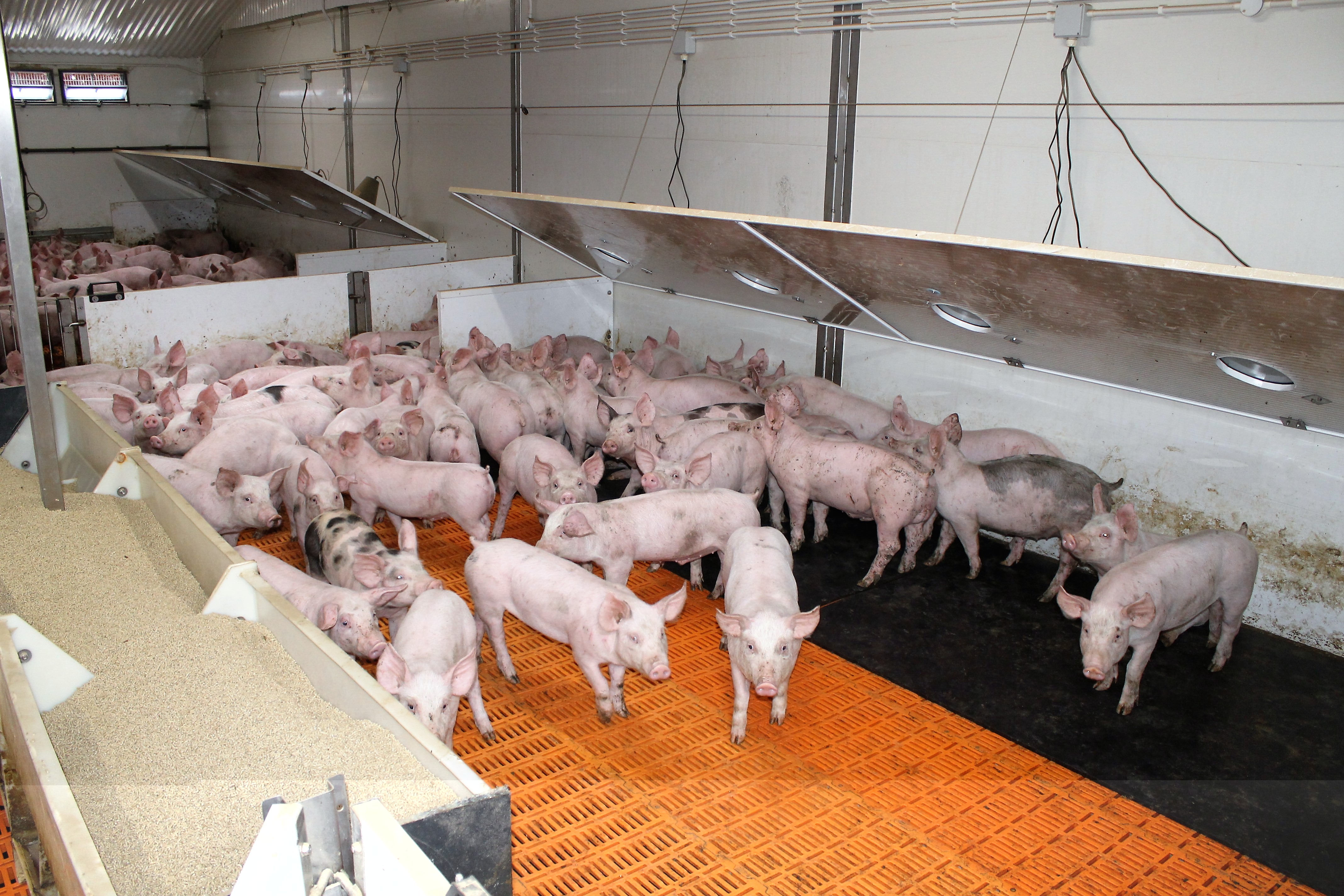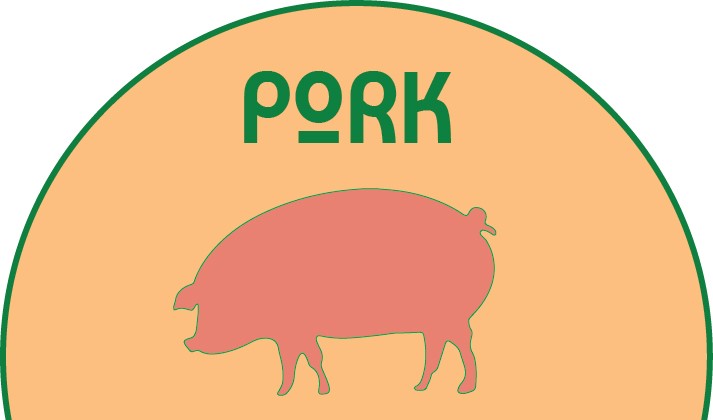
Introduction
In the heart of Africa’s rich agricultural tapestry, pig farming has emerged as a vibrant and lucrative venture. Far from being just another farming activity, pig production is a fascinating journey filled with economic potential, cultural nuances, and yes, quite a bit of humor. Buckle up as we delve into the interesting side of pig production and value addition, showcasing why this sector is worth every ounce of your attention and investment. Pig farming in Africa isn’t just about rearing animals for meat. It’s a dynamic enterprise that marries tradition with innovation, providing sustainable livelihoods and contributing to food security. For aspiring agripreneurs in Nigeria and across Africa, pig farming offers a promising pathway to economic prosperity, environmental sustainability, and cultural enrichment. By embracing the opportunities in pig production and value addition, you can unlock the full potential of this fascinating sector and secure a prosperous future in agribusiness. Here are some compelling reasons why pig production is gaining traction:
- The Economic Powerhouse of Pig Farming
High Reproductive Rate and Profitability
Pigs are renowned for their prolific breeding capabilities, making them a highly lucrative option for farmers. A single sow can produce up to 7 – 10 piglets per litter, and with the ability to have two litters annually, the multiplication effect is staggering. This high reproductive rate ensures a continuous supply of pigs for meat production, meeting the ever-growing demand for pork in Nigeria and across Africa. Pork is a popular protein source, and with urbanization and rising incomes, the demand for pork products is increasing. Farmers can capitalize on this trend by not only selling live pigs but also by venturing into pork processing to produce sausages, bacon, and other high-value products. This diversification can significantly boost profitability.
Employment and Income Generation
Pig farming also creates numerous employment opportunities. From breeding and raising pigs to processing and marketing pork products, the pig farming value chain requires a diverse workforce. This sector can provide jobs for many, especially in rural areas, helping to alleviate poverty and improve living standards.
Financial Stability and Investment
Pigs, often referred to as “living banks,” offer financial stability for farmers. They can be sold in times of financial need, providing a reliable source of income. Additionally, investments in pig farming infrastructure, such as modern housing and veterinary care, can further enhance productivity and profitability, making pig farming a sound investment choice.
2. Resource Efficiency: Sustainability at Its Best
Efficient Feed Conversion
Pigs are highly efficient at converting feed into body mass, which means they grow quickly with relatively less feed compared to other livestock. This efficiency translates into cost savings for farmers. Moreover, pigs are omnivores and can thrive on a variety of feeds, including agricultural by-products and food waste. This ability to utilize diverse feed sources makes pig farming a sustainable option, reducing the reliance on expensive commercial feeds.
Waste Utilization and Environmental Benefits
Pigs are natural recyclers, consuming food waste that would otherwise contribute to environmental pollution. This not only reduces waste but also lowers feeding costs for farmers. Moreover, pig manure is a valuable by-product that can be used as organic fertilizer, enriching soil fertility and enhancing crop production.
3. Value Addition: Transforming Pigs into Profits

Value addition in pig production involves transforming basic pig products into more valuable commodities. This not only increases income but also reduces waste. Here are some exciting value addition opportunities:
- Pork Processing: From sausages and bacon to ham and pork chops, processed pork products have a higher market value than raw meat. Setting up a small processing unit can significantly boost profits.
- Organic Fertilizer: Pig manure is an excellent organic fertilizer. With the rising demand for organic farming, packaging and selling pig manure can open up an additional revenue stream.
- Leather Production: Pigskin leather is durable and used in making a variety of products such as shoes, belts, and bags. This can be a niche market with high returns.
- Biogas Production: Converting pig waste into biogas is a brilliant way to generate additional income while promoting sustainability.
4. Cultural Integration: Pigs in African Traditions and Social Life
Traditional Significance
Pigs hold a unique place in various African cultures and traditions. In some Nigerian communities, pigs are integral to traditional ceremonies and rituals. They are often used in bride price negotiations, festivals, and as offerings in cultural events. This cultural significance enhances the value of pigs beyond their economic worth, embedding them deeply into the social fabric.
Symbol of Wealth and Status
In many African societies, owning livestock is a symbol of wealth and status. Pigs, with their rapid breeding and growth, quickly multiply and enhance a farmer’s wealth. In some cultures, the number of pigs a person owns is a measure of their prosperity and social standing. This cultural perception motivates more people to engage in pig farming.
Social Integration and Community Building
Pig farming also fosters social integration and community building. Farmers often form cooperatives or associations to share knowledge, resources, and market access. These groups enhance social cohesion and provide support networks, making pig farming not only an economic activity but also a means of strengthening community ties.
5. Some interesting stories
The landscape is dotted with amusing and inspirational stories that highlight the creativity and resilience of farmers. Here are a few:
- The Singing Pigs of Uganda: In a quaint village in Uganda, a farmer named John found an innovative way to keep his pigs happy and productive – by singing to them. John discovered that his pigs responded positively to his daily serenades, gaining weight faster and staying healthier. This quirky practice has turned John into a local celebrity, with visitors flocking to see his “musical” pigs.
- The Piggy Bank of Kenya: A Kenyan farmer, Mwangi, affectionately refers to his pigs as his “piggy bank.” Why? Because he started with just two pigs and, through diligent care and smart breeding practices, expanded his herd to over 100 pigs in just a few years. Mwangi’s pigs are now his main source of income, funding his children’s education and providing financial stability for his family.
- Nigerian Innovator Turns Pigs into Biogas: In Nigeria, an ingenious entrepreneur named Adaobi has taken pig farming to the next level by converting pig waste into biogas. Her small-scale biogas plant not only powers her farm but also supplies electricity to nearby homes. This sustainable practice has not only boosted her income but also earned her accolades for her contribution to green energy.
Conclusion: The Future is Bright for Pig Farmers
Pig farming is more than just a farming activity; it’s a powerful economic engine, a model of resource efficiency, and a deeply ingrained cultural practice. Its high reproductive rate and profitability, combined with the ability to utilize diverse feed sources and reduce waste, make it an environmentally sustainable option. Moreover, the cultural significance of pigs in various African societies enhances their value, fostering social integration and community building. The pig production industry is brimming with potential. It offers not just economic benefits but also an avenue for innovation and environmental sustainability. With creative approaches to farming and value addition, pig farmers can turn this seemingly humble endeavor into a thriving business.
Whether you’re singing to your pigs in Uganda, turning pig waste into biogas in Nigeria, or simply enjoying the steady income from a well-managed pig farm, there’s no denying the interesting, profitable, and often hilarious side of pig production. So, why wait? Dive into the world of pig farming and discover the untapped potential that lies within this fascinating sector. Your future in agribusiness could very well be paved with the oinks and squeals of these remarkable animals.

